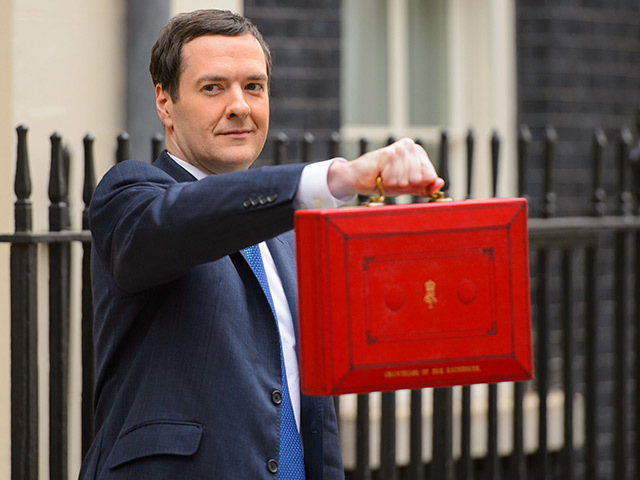
Oil and gas contractors are facing a triple tax blow under a stealth £3billion tax raid by George Osborne.
As the dust settles on the first Tory budget in nearly 20 years, details of a three-pronged attack on the North Sea’s self-employed workforce are now emerging.
Contractors – who have already bore the burnt of the job cuts which have plagued the industry since the turn of the year – look certain to lose out on thousands of pounds of income due to changes in Fividend Tax next year.
Self-employed contractors will pay an additional £2,000 in tax for an £80,000 contract under new rules.
In his second raid, contractors who are the sole employee of their own limited company will be prevented from claiming the NICs Employment Allowance.
At present, contractors can offset the £2,000 allowance against employers’ NIC arising on ordinary salary.
In a third blow, he has also decided to proceed with the March 2015 Budget plan to ban tax relief on travel and subsistence expenses.
Allan Gardner, financial services director at Aberdein Considine, said the measures will cost the majority of contractors thousands of pounds each.
“Set against the current backdrop of low oil prices and job cuts, these measures will be a huge worry for contractors.
“This is a triple tax blow and most contractors will find themselves worse off from next April.
“This appears to be a clear attempt to force contractors into employed roles.”
The changes to dividend tax will serve as the biggest blow to workers.
Most contractors, including personal service companies, work through a limited company and take the bulk of their income through dividends, which is more tax efficient than taking a large salary.
It is estimated a contractor who bills their client £80,000 will pay an additional 2.5% – or £2,000 – in tax after the dividend tax rise.
If the contractor charges £160,000, the tax bill will rise 3%, adding £4,800 overall.
While basic-rate taxpayers do not pay any tax on dividends currently, under the new rules only the first £5,000 of dividend income a year will be exempt.
For dividend income above this allowance, basic-rate taxpayers will pay 7.5%, while higher-rate taxpayers will pay 32.5% tax, up from 25%. Those who pay the additional rate of 45% will see their dividend tax rate rise from 30.5% to 38.1%.
Mr Gardner said of the £6.8bn that the Treasury expects to raise through the changes, around £3bn will come from the UK’s estimated 750,000 contractors.
The remaining amount will be raised from individual share and investment portfolios.
The Government has been cracking down on contractors who use personal service companies in recent years.
Many contractors legitimately bill their employers through their personal company. By paying corporation tax at 20% and taking a modest wage plus dividends from the company, they save on income tax and National Insurance contributions.
Mr Gardner – who spearheads Aberdein Considine’s financial advice division – added: “Getting the correct financial advice will be crucial to contractors going forward.”
Recommended for you
